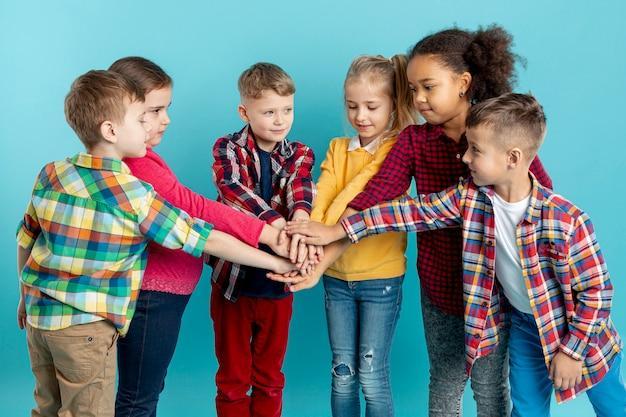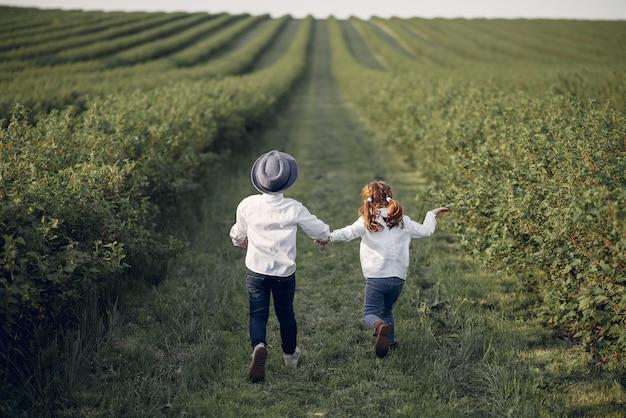On November 20th, we celebrate World Children’s Day. In this article, we invite you to look beyond past achievements and focus on emerging challenges and new needs of children in today’s world.
A Look Back in History
 Since the adoption of the Declaration of the Rights of the Child in 1959 and the subsequent Convention in 1989, we have witnessed significant progress in child protection, highlighting essential rights such as the right to life, education, protection against exploitation and abuse, and the right to participate in decision-making that affects their lives. Child mortality rates have decreased considerably, and schooling has risen above 90%. While much remains to be done, with the passing of decades and shifts in social paradigms, it’s evident we must expand our view of what constitutes a “right” for a child in the 21st century.
Since the adoption of the Declaration of the Rights of the Child in 1959 and the subsequent Convention in 1989, we have witnessed significant progress in child protection, highlighting essential rights such as the right to life, education, protection against exploitation and abuse, and the right to participate in decision-making that affects their lives. Child mortality rates have decreased considerably, and schooling has risen above 90%. While much remains to be done, with the passing of decades and shifts in social paradigms, it’s evident we must expand our view of what constitutes a “right” for a child in the 21st century.
Emerging Rights of Children: New Realities, New Challenges
Recent years have seen transformative changes in how we live, work, and connect. While many of these changes have brought about conveniences and advancements, they’ve also introduced significant challenges. The surge of ultra-processed foods, overexposure to digital screens, increasing work demands that reduce family time, and the massive shift from rural to urban living are profoundly affecting our health and well-being, for both adults and children.
Today’s children, growing up within this reality, face an unprecedented set of challenges ranging from physical health issues to psychological and emotional complications. These emerging challenges compel us to reconsider and expand our understanding of children’s rights. If we truly aspire to progress as a society, we must recognize and advocate for new rights addressing these modern realities.
Healthy Eating: The ubiquity of processed foods has led to health crises in many countries. Children deserve access to nutritious and healthy foods that support their optimal growth and development
Limiting Screen Exposure: Though we live in a digital world, it’s crucial to balance technology with activities that encourage creativity, social interaction, and physical well-being.
 Quality Time with Family: In a world where work often consumes our hours, ensuring children have quality moments with loved ones strengthens bonds and offers solid emotional grounding.
Quality Time with Family: In a world where work often consumes our hours, ensuring children have quality moments with loved ones strengthens bonds and offers solid emotional grounding.
Reconnecting with Nature: As cities expand and natural spaces decrease, it’s vital children have regular opportunities to engage with and learn from nature.
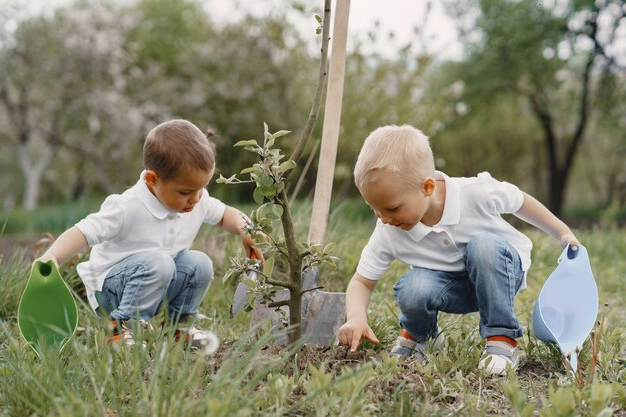 Engaging in Cultural Activities: Culture enriches, educates, and shapes. Engaging children in cultural events broadens horizons, fosters artistic appreciation, critical thinking, and many other benefits.
Engaging in Cultural Activities: Culture enriches, educates, and shapes. Engaging children in cultural events broadens horizons, fosters artistic appreciation, critical thinking, and many other benefits.
Positive Discipline and Mindful Parenting: How we raise our children shapes the adults they become. Positive discipline emphasizes understanding, communication, and empathy.
The Future We Shape
When discussing these child rights, we aren’t just referring to our children’s immediate present but the very fabric of our future society. Cementing and safeguarding these emerging rights lay the foundation for a more equitable, sustainable, and humane tomorrow.
For instance, ensuring healthy eating addresses immediate needs but also establishes the groundwork for a healthier population more conscious of food choices. This could mean lower chronic disease rates and a public more informed about food sustainability and production.
Promoting quality family time and positive discipline results in emotionally balanced and resilient individuals. By investing in children’s mental and emotional health, we potentially decrease future conflicts, creating more empathetic, cooperative citizens.
The right to breathe clean air and connect with nature not only speaks to immediate health but instills deep appreciation and respect for the environment. Children who value nature are likelier to become planet advocates, spearheading sustainability and conservation initiatives.
On the other hand, engaging in cultural events isn’t just a window to art and history but a preparation for global diversity and interconnectedness. By exposing children to varied cultural expressions, we nurture a generation of global leaders and critical thinkers.
By championing these rights, we essentially cultivate a generation of holistically developed individuals. These individuals won’t just be beneficiaries of their rights but active advocates for others’ rights, creating a virtuous cycle of empathy, knowledge, and action.
Finally, let’s not forget that achieving all this requires policies. Current ones must be reassessed and expanded to tackle our era’s emerging challenges. Governments and international bodies should understand that child welfare isn’t just about basic aspects like education and health but the modern world’s effects on comprehensive child development. It’s imperative these leading entities craft more inclusive policies addressing these new realities, ensuring every child has the right opportunities and environment to develop healthily both physically and emotionally.
Tomorrow’s world is shaped by today’s decisions and actions. Each step toward fully realizing child rights is a step toward a future where humanity collectively moves toward justice, sustainability, and peace. It’s an investment that will undoubtedly bear fruits beyond what we can currently envision. It’s our legacy and our commitment to future generations.

